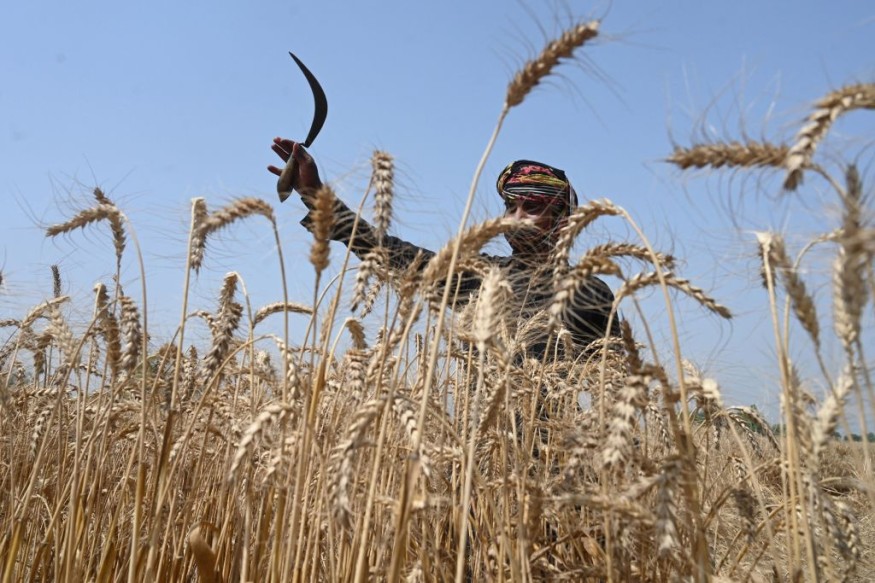Over 26 million students in Pakistan are affected by heatwaves, which have caused schools to shut down. The intense heat has resulted in school closures for the summer break.
Pakistan is no stranger to challenging weather events, from drought to heatwaves. The effects of climate change have worsened the problem, causing intense heat.
Pakistan's intense heat concern

Intense heat can affect people's health, and prolonged exposure can lead to heat-related health concerns, such as heat stroke and heat fatigue. The vulnerable populations are people with medical conditions, older adults, and children.
In a recent report, over 26 million students in Punjab were impacted by intense heat, causing school closures. The country has suffered from a series of heatwaves, which could continue until June. The decision limits potential health risks, particularly for children.
Due to scorching heat, the temperatures soar to six to eight degrees Celcius above normal. Children are at risk of dehydration, which can be exacerbated without cooling conditions.
The report also highlights that power outages occurred due to extreme heat. Without electricity, the situation can be deadly for homeowners, including those with medical conditions.
Global warming and greenhouse gas emissions
Global warming and greenhouse gas emissions have contributed to the problem of scorching heat in Pakistan. It causes temperatures to soar, and heatwaves can likely become more frequent.
Climate change can significantly affect the weather, causing frequent droughts or heatwaves. It leads to a lack of precipitation.
Poor communities are most vulnerable to challenging heat. Additionally, warmer conditions, with a lack of rain, can damage crops. The situation can be more concerning for farmers who depend on agriculture. Drought can worsen due to lack of water.
In South Asia, the report highlights that over 460 million children are vulnerable to heatwave dangers.
Intense heat preparedness and safety
Pakistan and nearby countries, including Southeast Asia, are at risk of rising temperatures. Prolonged exposure to heat waves is life-threatening, especially in areas with frequent high temperatures. Preparation helps mitigate the risks of heat waves.
Limiting outdoor activities is one of the best actions during extreme heat. Avoiding strenuous tasks during high temperatures can keep people safe.
Furthermore, staying hydrated is essential, particularly for outdoor workers, children, and the elderly. Storing sufficient drinking water is also advisable.
It is best to consult nearby hospitals or clinics if any family members show signs of heat-related health concerns. Heat waves are deadly.
If homes are not equipped with cooling systems, homeowners can go to malls or other cooler areas. This could alleviate the heat. Additionally, parents should not leave their children unattended during hotter temperatures, especially inside a car without supervision.
For more similar stories, don't forget to follow Nature World News.
© 2025 NatureWorldNews.com All rights reserved. Do not reproduce without permission.





